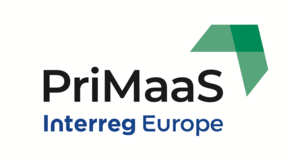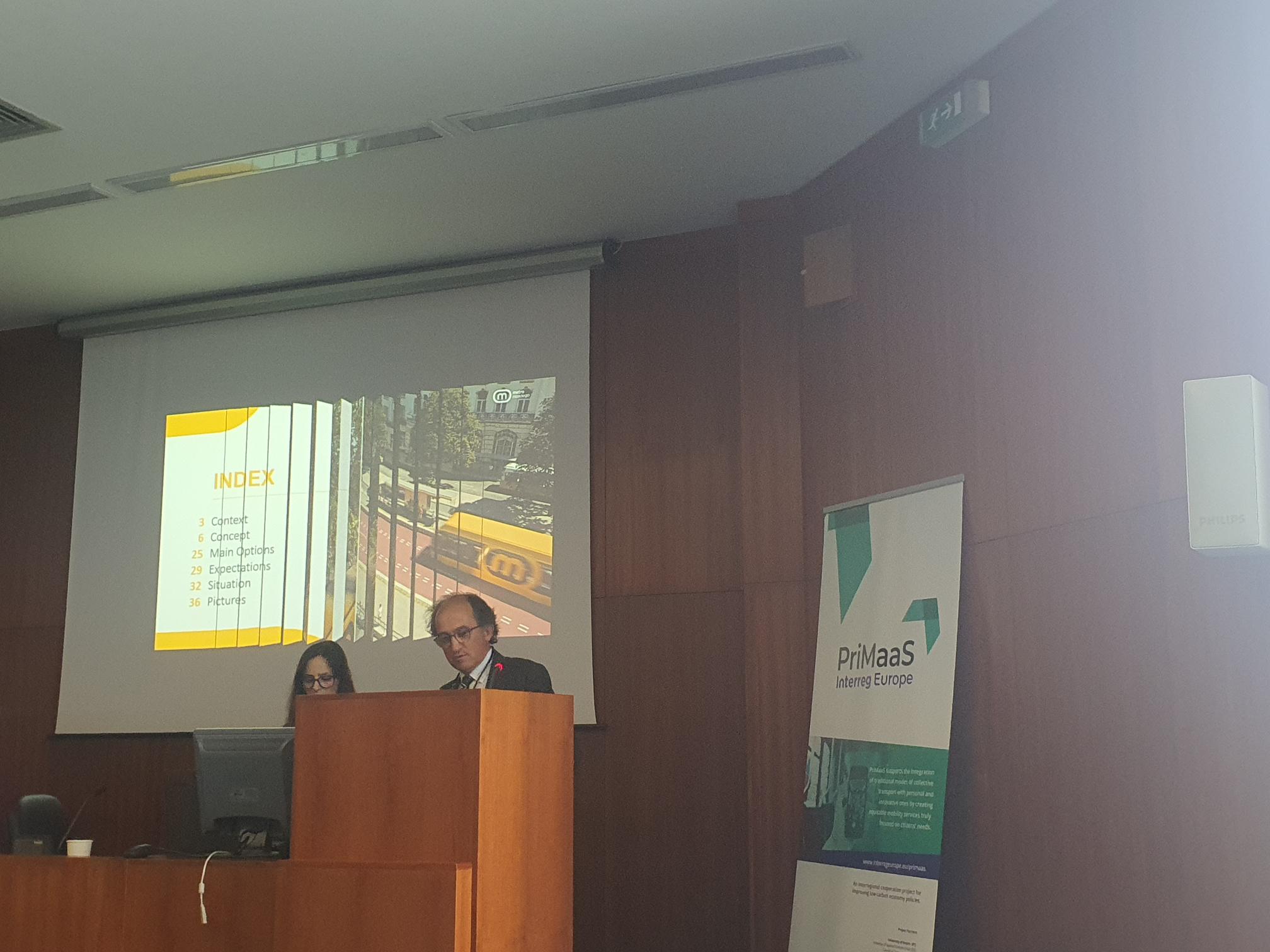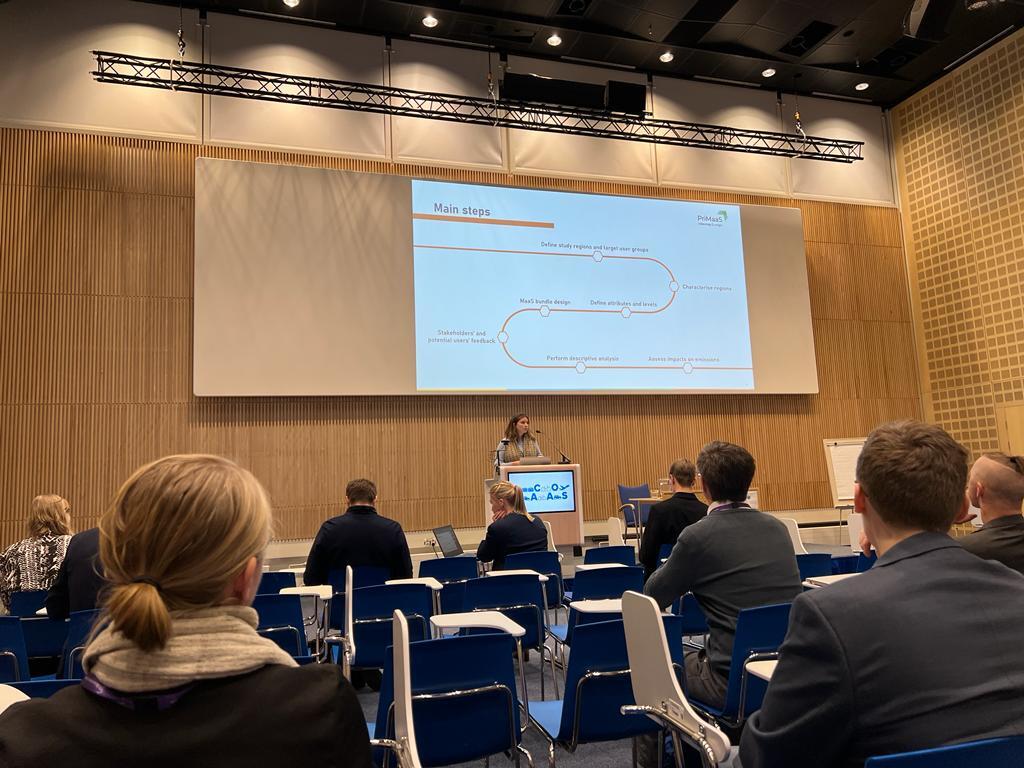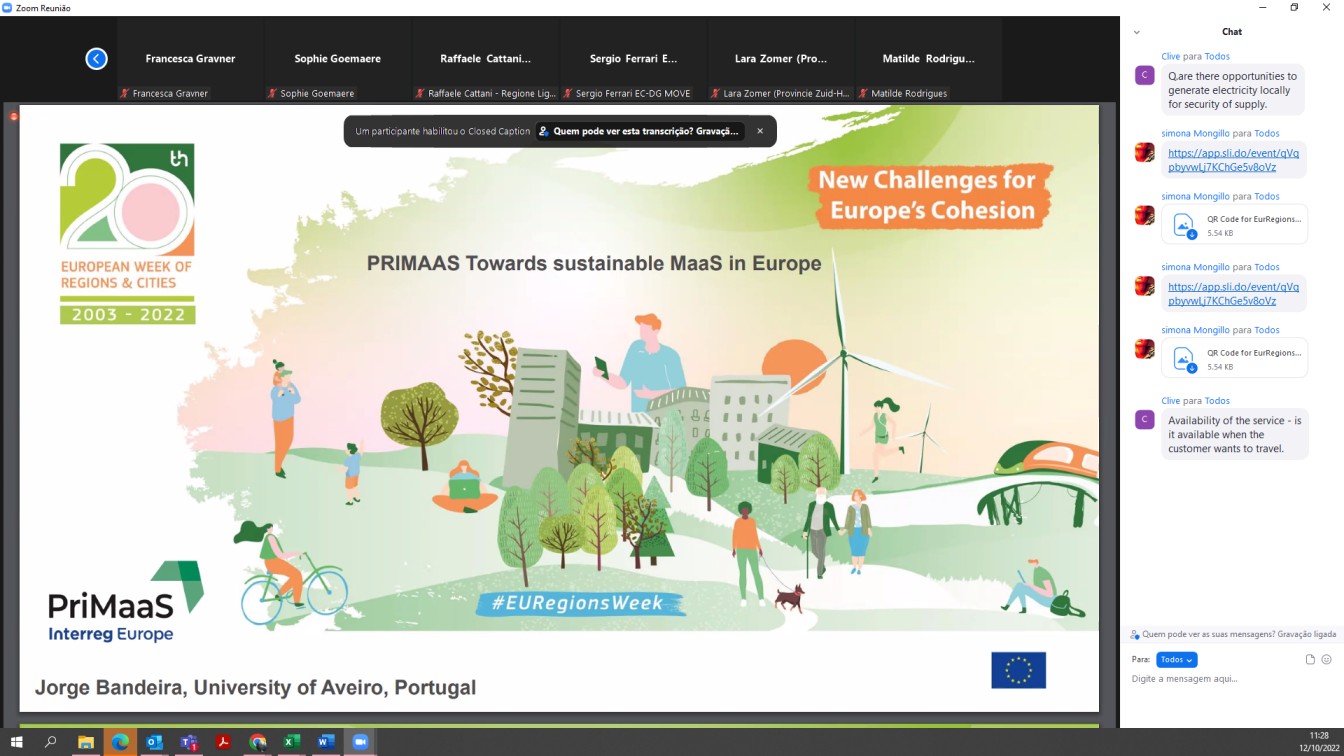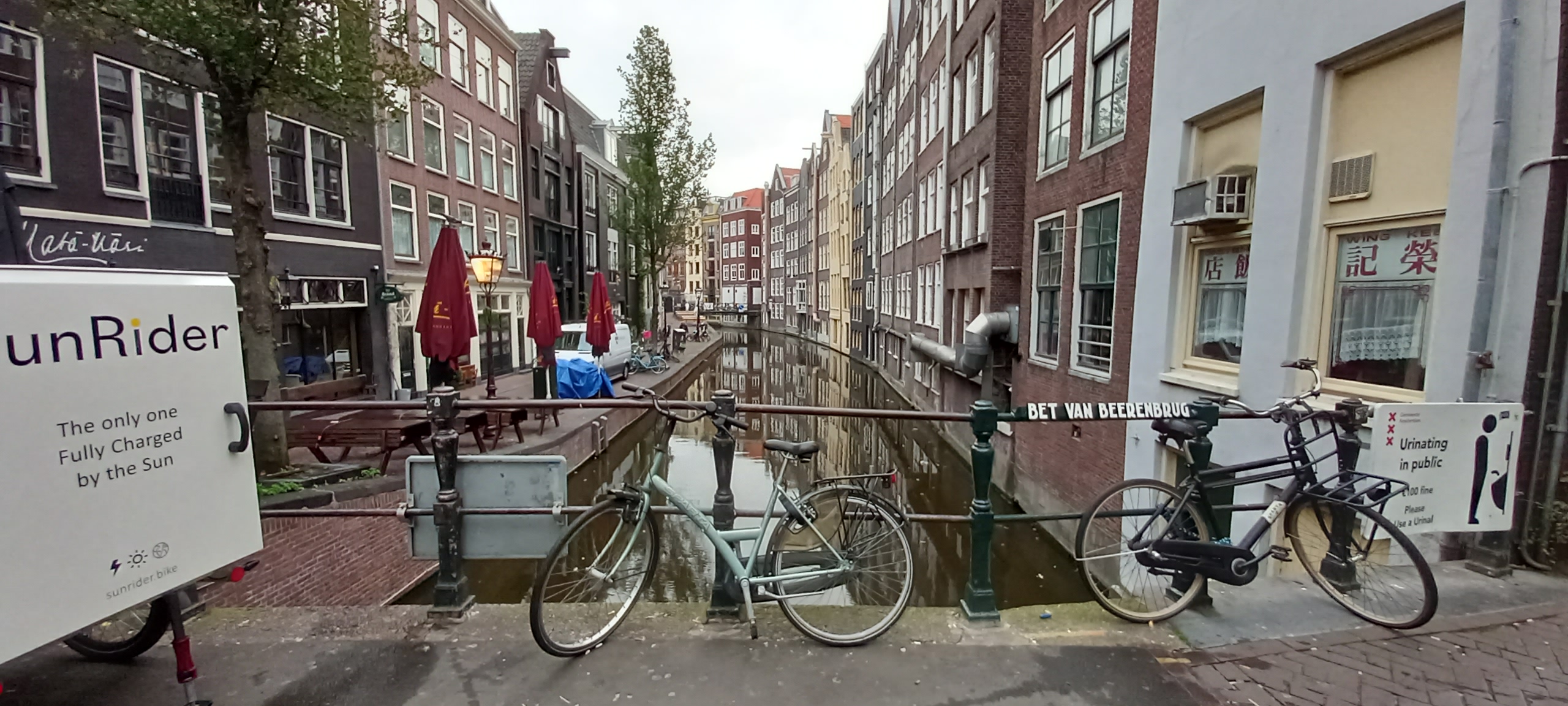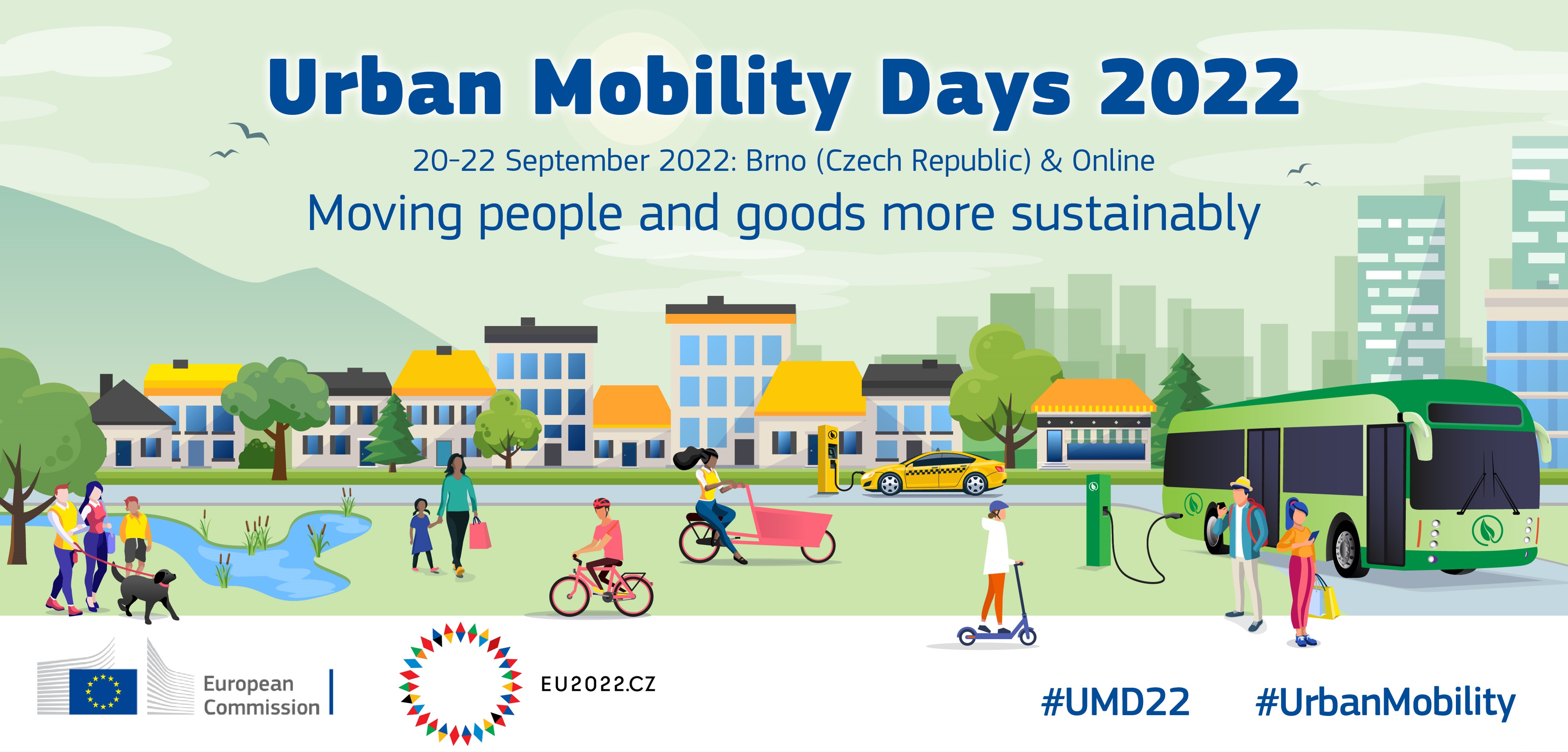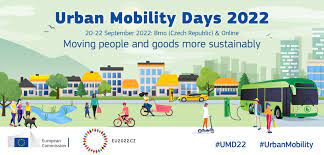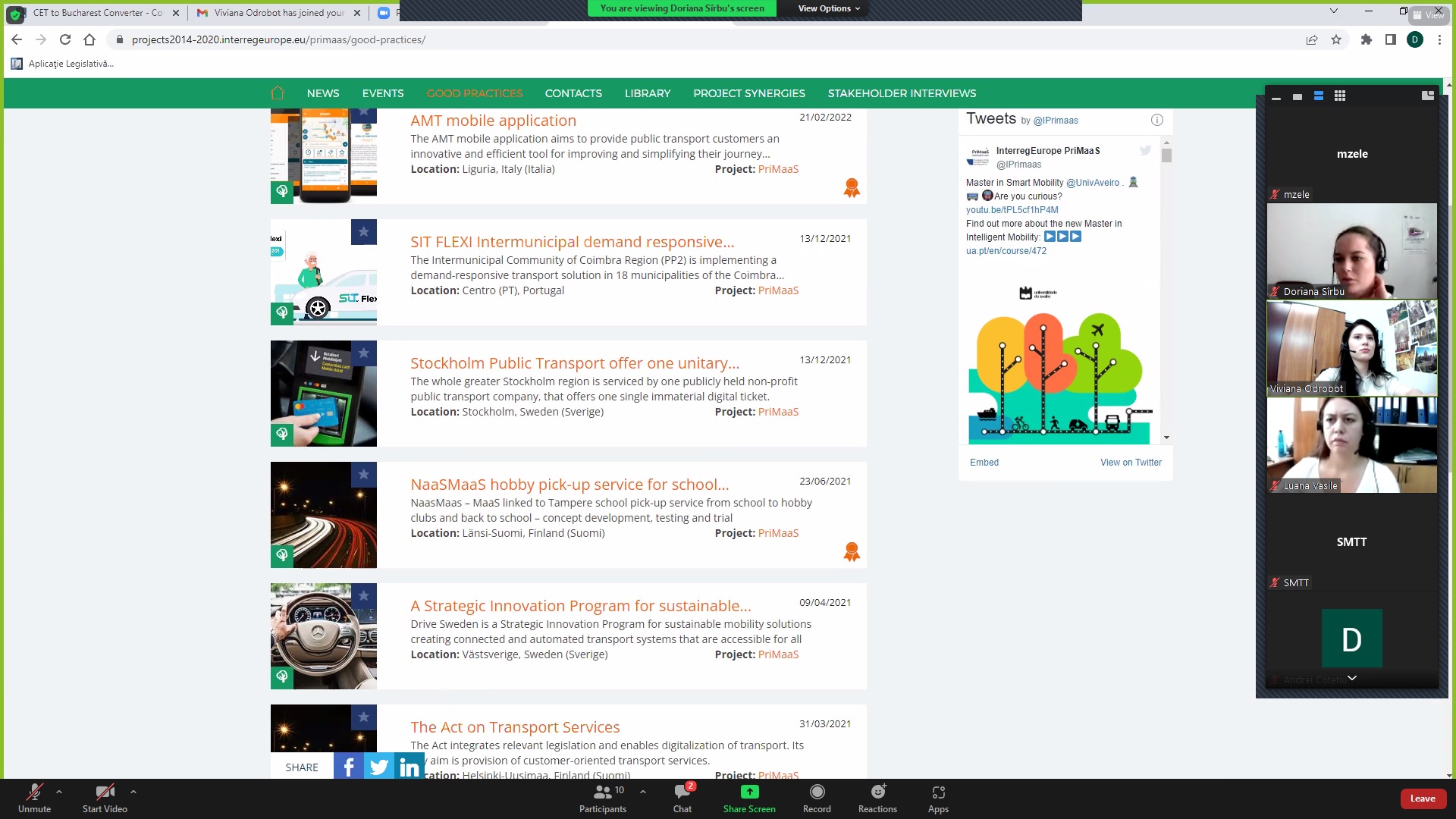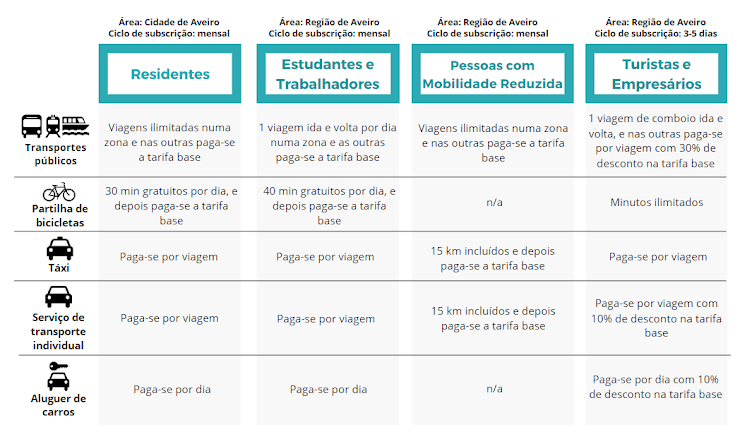The 2-day event was mainly focused on the PriMaaS Project outcomes regarding the policy instruments improvement achievements and it was full of interesting discussions and experience exchange. All partners of the consortium were present in person and TTS Italia attended online the two days of the event.
The Project focused on prioritizing low carbon mobility services for improving accessibility of citizens, focusing on 9 policy instruments that have the potential to support the promotion of integrated mobility services. There were identified 15 good practices, which 9 of them have been included in the GP PLP data base, and capacity-building results were extremely positive. The PriMaaS project was also featured in a story ‘Enabling Mobility as a Service’. The different steps taken by PriMaaS regions to deploy sustainable mobility services included 48 events that provided opportunities for networking, knowledge exchange, and hands-on learning experiences through interregional cooperation. During the PriMaaS project, 6 action plans that outline clear steps towards implementing integrated mobility services in different regions were conceived and developed.
Although the pandemic period brought various difficulties in the management of project-related activities, the fact is that all partners made efforts to minimize the impacts on the normal course of knowledge sharing and interregional cooperation activities. Focusing on promoting the integration of traditional modes with innovative solutions, PriMaaS Project partners have been working together to improve regional policy instruments to better support the introduction of MaaS and contribute to low carbon transport policy-goals, social inclusion and increased levels of accessibility.
The PriMaaS Final Conference sought to present an overall perspective into the main topic addressed by the project. An overview of the evolution of MaaS in Europe was made and several topics that may be considered barriers for its wide deployment and success were discussed. The shortage of skilled transport planners, drivers, inability to share data between stakeholders, conservative culture, resource sharing, lack of supporting policies has impacted on the wide scale roll out of MaaS. It is important to establish the clear roles and responsibilities, and also define clear legislation for a truly and efficient multi stakeholder business model. Data sharing and open data have been pointed as crucial to feed the technology behind MaaS, and make the best use of it in citizens benefit. Any model requires ability of different stakeholders to work together, and although sustainable business models are not yet on the way and there has been lack of progress on the deployment of MaaS, the truth is that it is just a matter of gather efforts for taking advantage of new integrated public transport services, invest in stakeholder cooperation, incentivize potential users to increase their willingness to move from a car ownership culture. Therefore, it is of utmost importance to facilitate cooperation among all stakeholders ensuring continuous political support and understand end users’ preferences and the specific characteristics to achieve higher end-user acceptability, but also to fine-tune services to the end-users needs in terms of technical features and prices.
In particular, PriMaaS Project partners shared insights of all the achievements followed by the interregional cooperation learning process. Various policy changes were mentioned and significant improvements were made in each region with MaaS-related priorities as a part of regional development. Importance linked with smart ticketing and transport modes integration, target-group MaaS bundles, and definition and financing innovative solutions for linking urban and underserved areas have been considered key elements for a more sustainable deployment of MaaS.
Projects like PriMaas are vital to provide guidance to policy makers and operators to build mobility solutions for all in the future.
